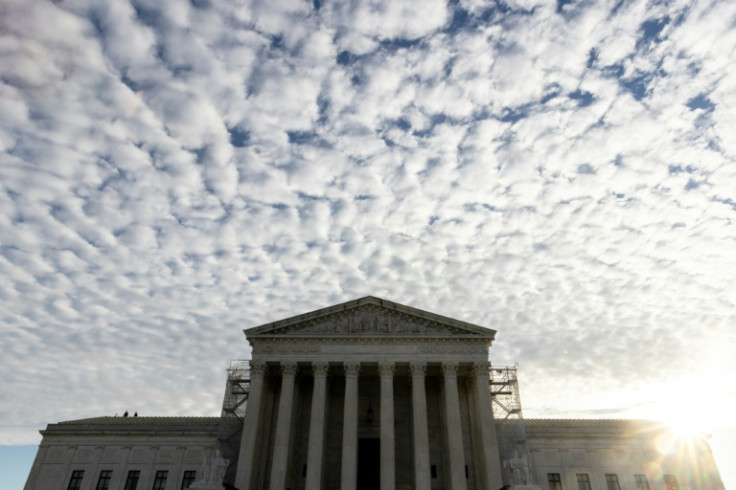US Supreme Court To Hear Key Social Media Content Control Cases

The US Supreme Court is gearing up for a momentous decision with potentially far-reaching consequences for social media platforms, as it takes on two cases on Monday that could reshape the landscape of online content moderation.
The cases, NetChoice v. Paxton and Moody v. NetChoice involve challenges to laws passed in Texas and Florida that seek to give these states more control over social media platforms' content policies, CNN reported.
The central issue revolves around whether these platforms have the autonomy to determine what content stays and what can be removed. Texas and Florida are pushing for laws preventing platforms like Facebook, TikTok, and YouTube from removing user posts, even if it promotes hate speech or misinformation about elections. This, however, poses a challenge to the First Amendment, which protects free speech rights.
The laws in question also grant individuals the right to sue tech companies for alleged violations. In Florida, Governor Ron DeSantis signed a law in 2021 to ensure accountability for Big Tech, promoting transparency and protecting the rights of Floridians to engage on digital platforms.
"This session, we took action to ensure that 'We the People' — real Floridians across the Sunshine State — are guaranteed protection against the Silicon Valley elites. Many in our state have experienced censorship and other tyrannical behavior firsthand in Cuba and Venezuela. If Big Tech censors enforce rules inconsistently, to discriminate in favor of the dominant Silicon Valley ideology, they will now be held accountable," said Governor Ron DeSantis.
Similarly, Texas Governor Greg Abbott signed a law in 2021 making it illegal for large social media platforms to discriminate against expressions, allowing users to sue for alleged violations.
As per CNN, supporters argue that these laws are necessary to prevent the unfair silencing of conservative voices on social media platforms, which they consider the new public square. On the contrary, opponents, including industry group NetChoice, contend that the laws infringe on the platforms' First Amendment rights, leading to unintended consequences and potentially hindering the moderation of harmful content.
The potential implications of a ruling favoring Texas and Florida extend beyond individual sites. It could challenge the precedent against "compelled speech," forcing social media companies to publish content against their will, fundamentally altering First Amendment principles. Critics argue that such interference would go against the essence of free speech protections.
© Copyright IBTimes 2024. All rights reserved.






















